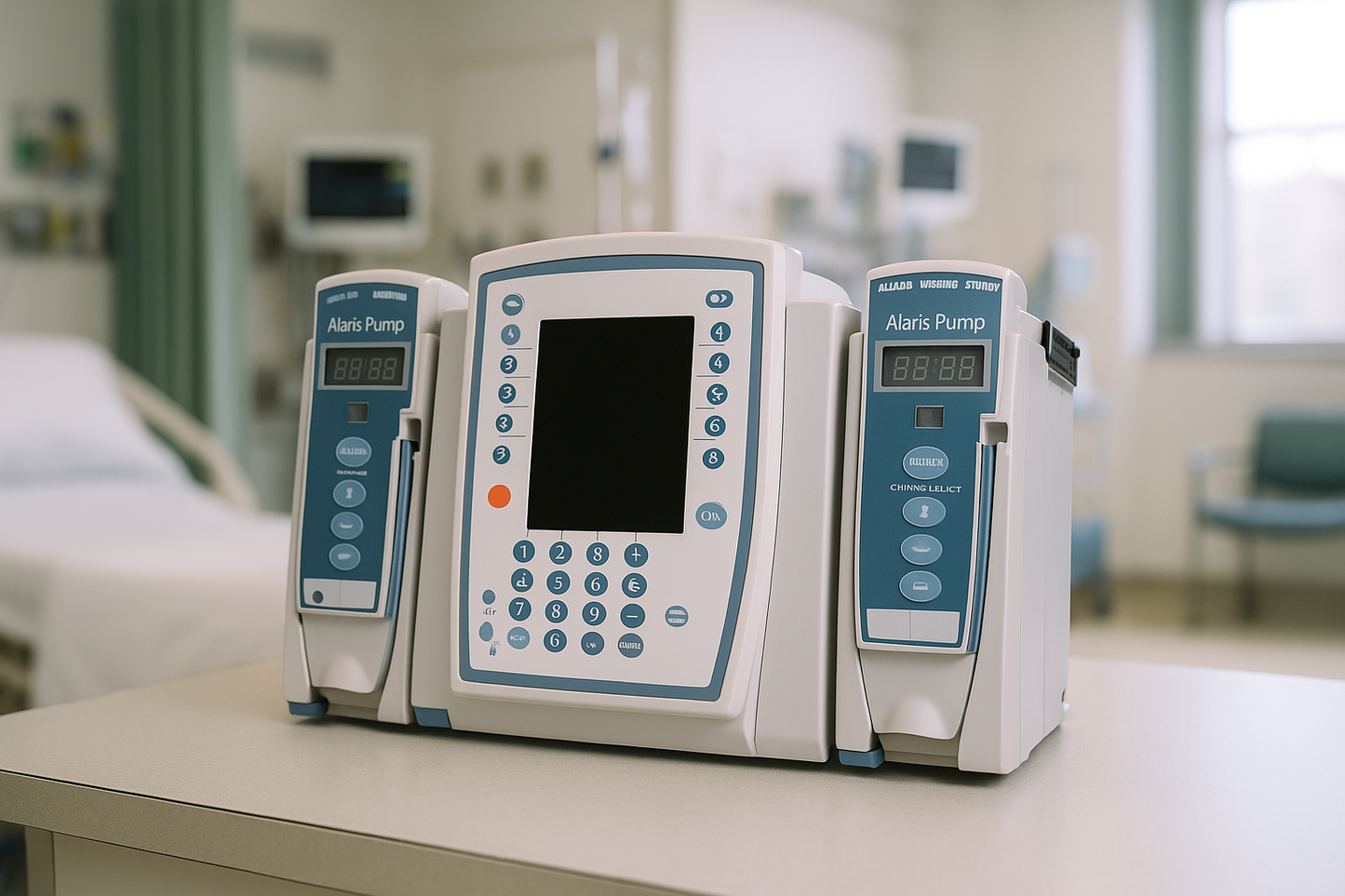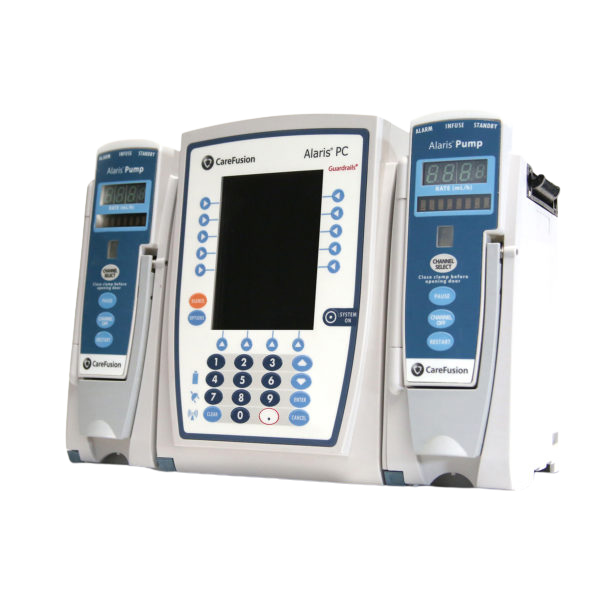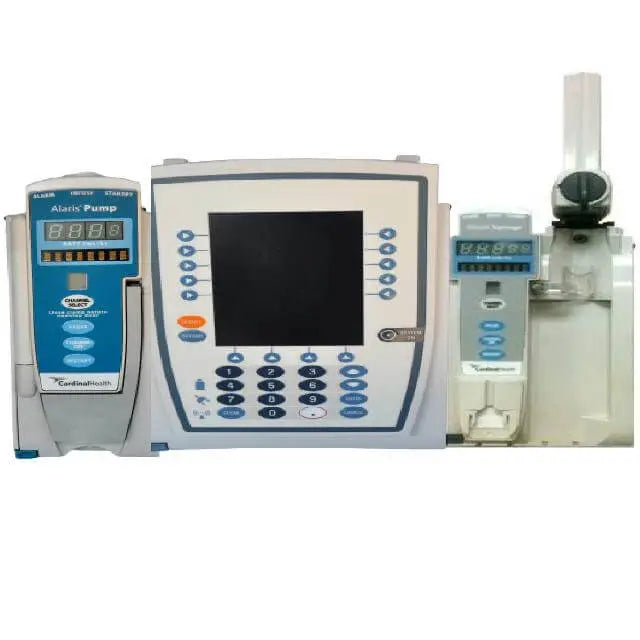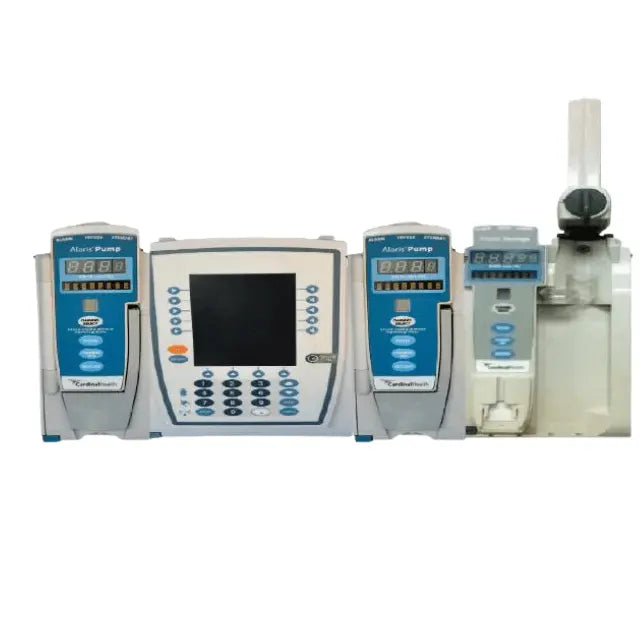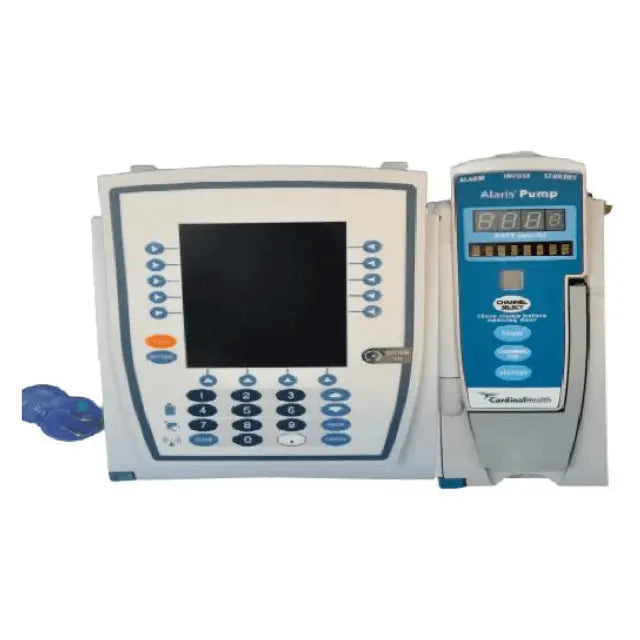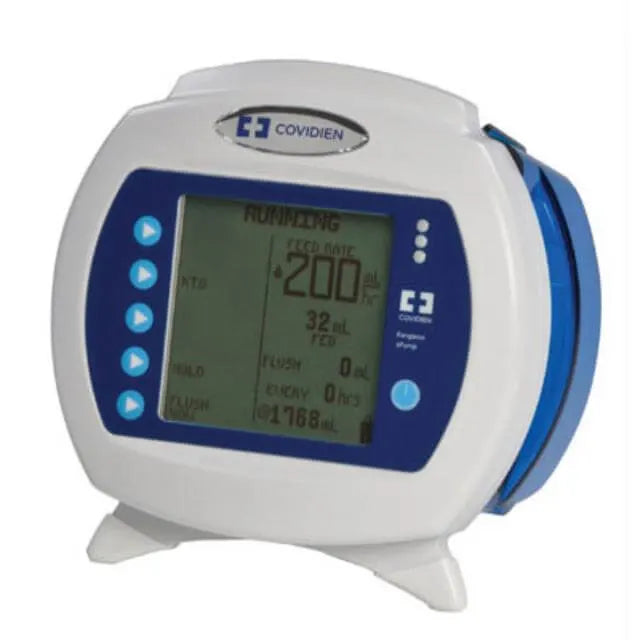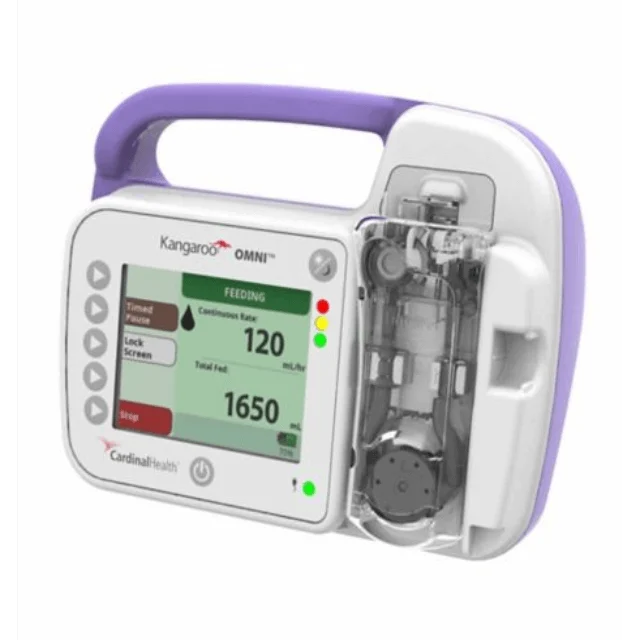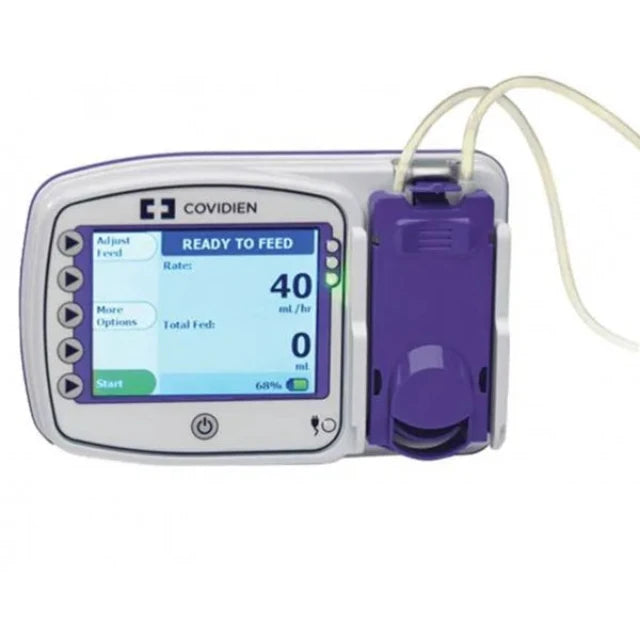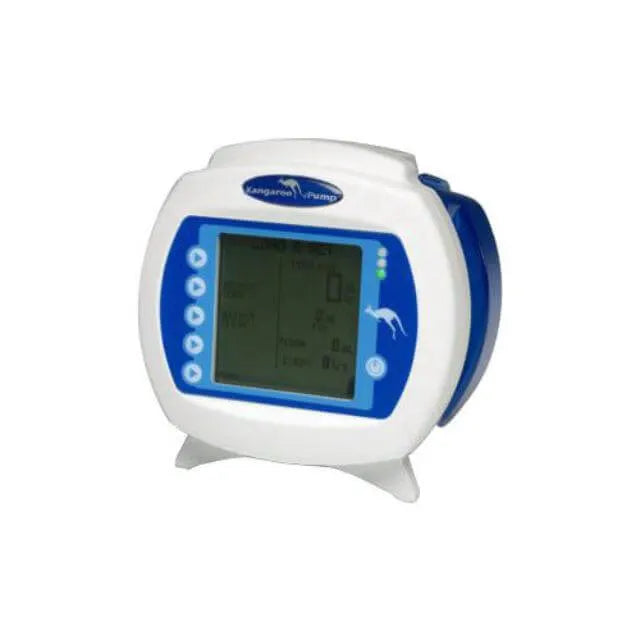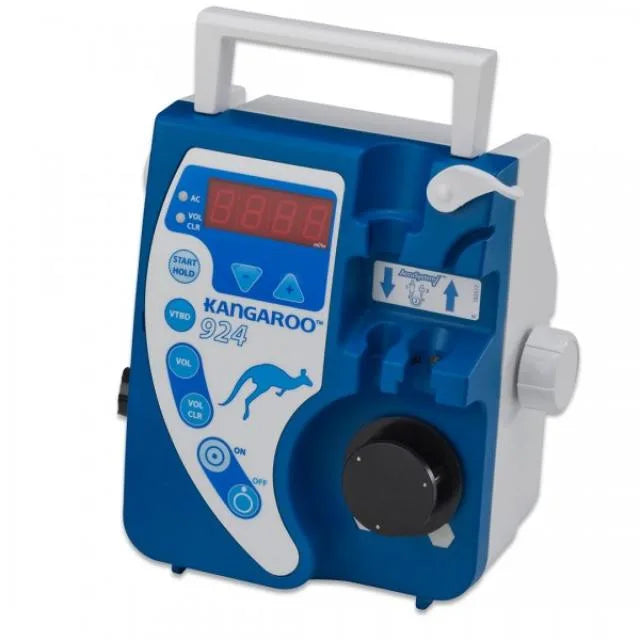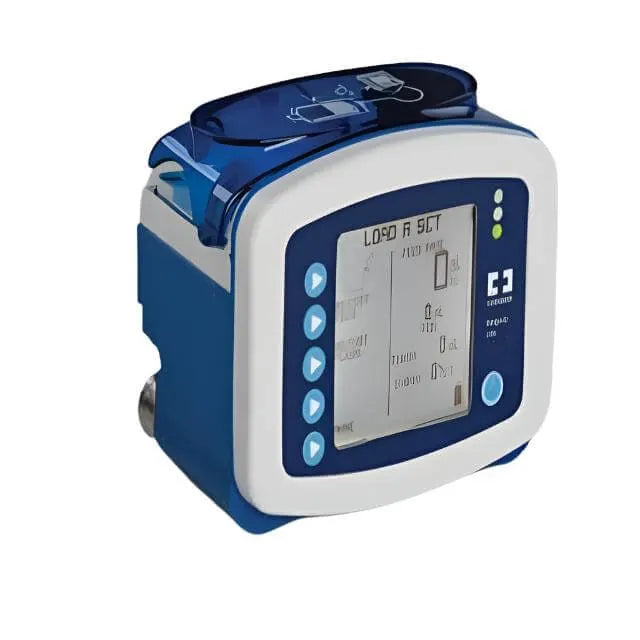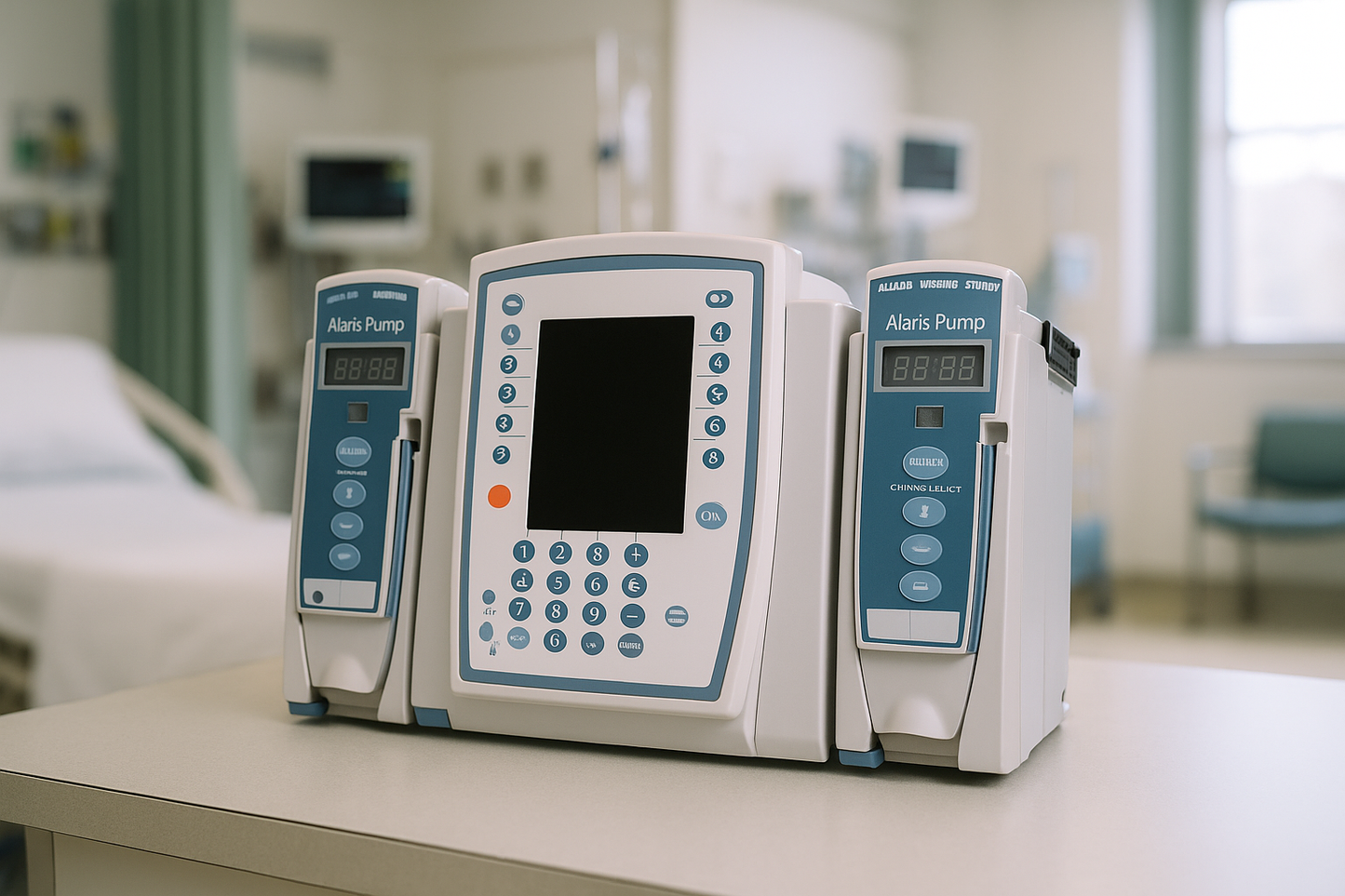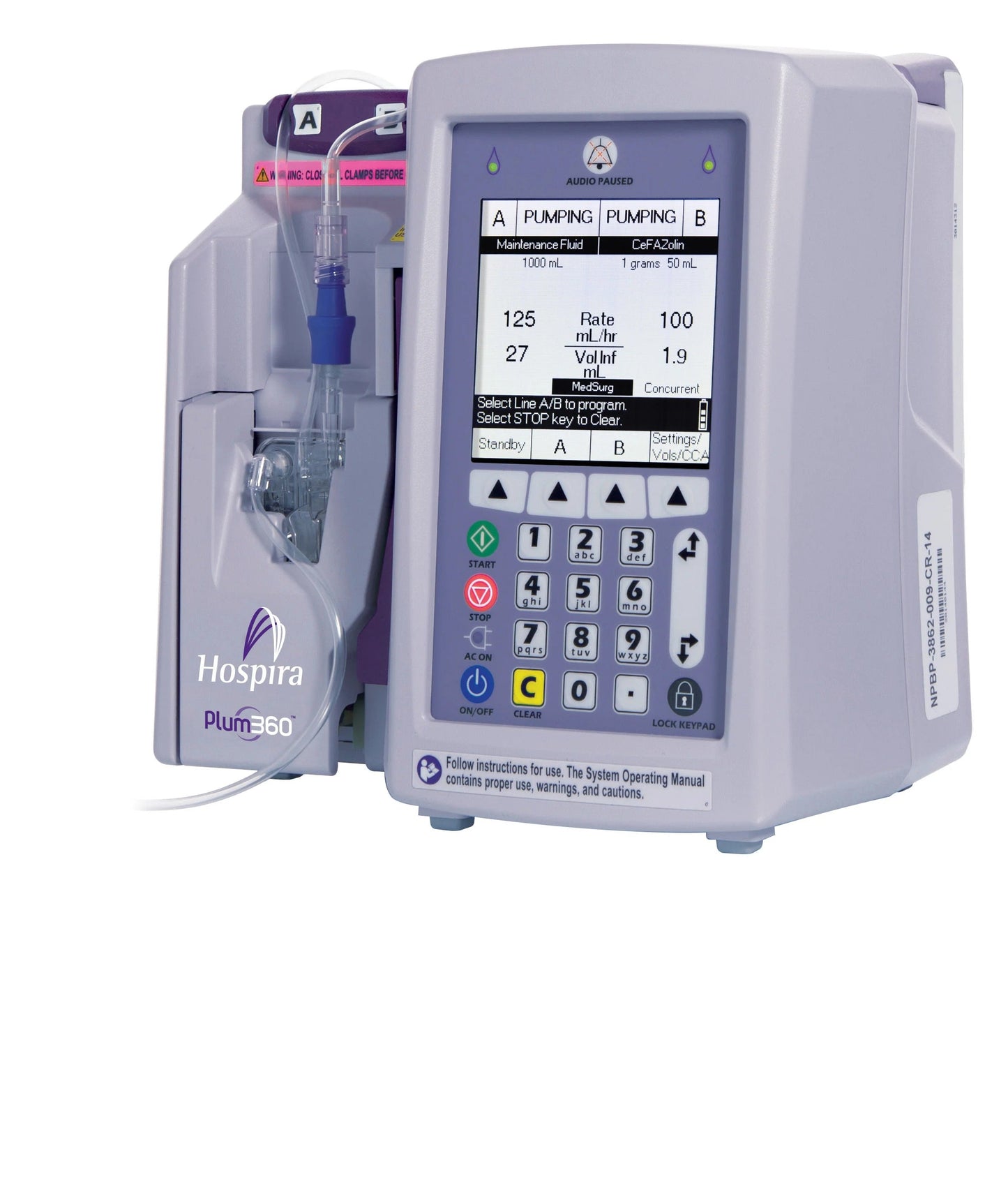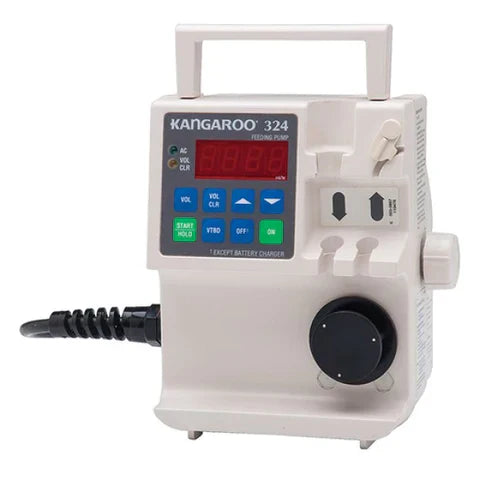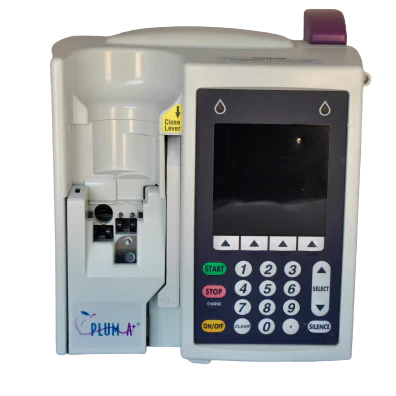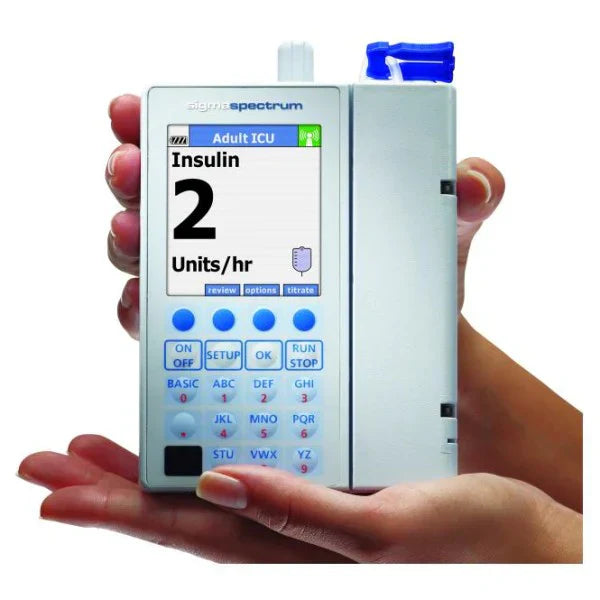
Infusion pumps are indispensable devices in modern healthcare, offering precise delivery of fluids, medications, and nutrients to patients. These devices are crucial across various medical settings, aiding in the management of diverse conditions and treatments. Let's delve into five essential medical uses for infusion pumps:
- Administration of Intravenous Medications: Infusion pumps play a pivotal role in delivering intravenous (IV) medications accurately and safely. In critical care units, these pumps are utilized to administer potent medications such as antibiotics, analgesics, and vasoactive drugs at controlled rates. The precise dosing facilitated by infusion pumps minimizes the risk of medication errors and ensures optimal therapeutic outcomes for patients.
- Chemotherapy and Oncology Treatments: In oncology departments, infusion pumps are extensively employed for administering chemotherapy drugs. These pumps enable healthcare providers to deliver chemotherapy agents at precise rates, adhering to stringent protocols tailored to individual patients. By maintaining consistent drug levels in the bloodstream, infusion pumps help enhance the efficacy of chemotherapy while minimizing adverse effects.
- Pain Management and Anesthesia: Infusion pumps are integral to pain management and anesthesia procedures, facilitating continuous delivery of analgesic medications and anesthetics. In chronic pain management, these pumps are programmed to administer medications such as opioids directly into the spinal cord (intrathecal) or subcutaneously, offering sustained relief with reduced systemic side effects. During surgical procedures, infusion pumps ensure precise control over anesthesia delivery, contributing to patient comfort and safety.
- Nutritional Support in Enteral and Parenteral Feeding: Infusion pumps are instrumental in providing essential nutrition to patients who are unable to consume food orally. In enteral feeding, pumps deliver liquid nutrition directly into the gastrointestinal tract via a nasogastric or gastrostomy tube, supporting patients with swallowing difficulties or gastrointestinal disorders. Similarly, in parenteral nutrition, infusion pumps administer a balanced solution of nutrients intravenously, catering to patients with malabsorption syndromes, severe gastrointestinal dysfunction, or those undergoing extensive surgical procedures.
- Management of Chronic Conditions: Infusion pumps are indispensable for managing chronic conditions such as diabetes and autoimmune diseases. In insulin therapy for diabetes management, pumps deliver precise insulin doses continuously, mimicking the physiological insulin secretion pattern more closely than conventional injections. Additionally, in the treatment of autoimmune disorders like rheumatoid arthritis or Crohn's disease, infusion pumps facilitate the administration of biologic medications, ensuring consistent drug levels for disease control and symptom management.
